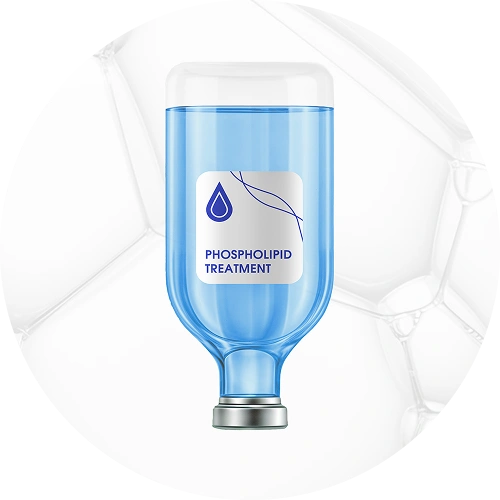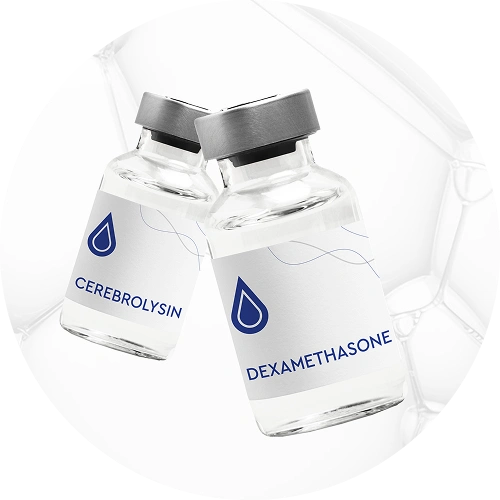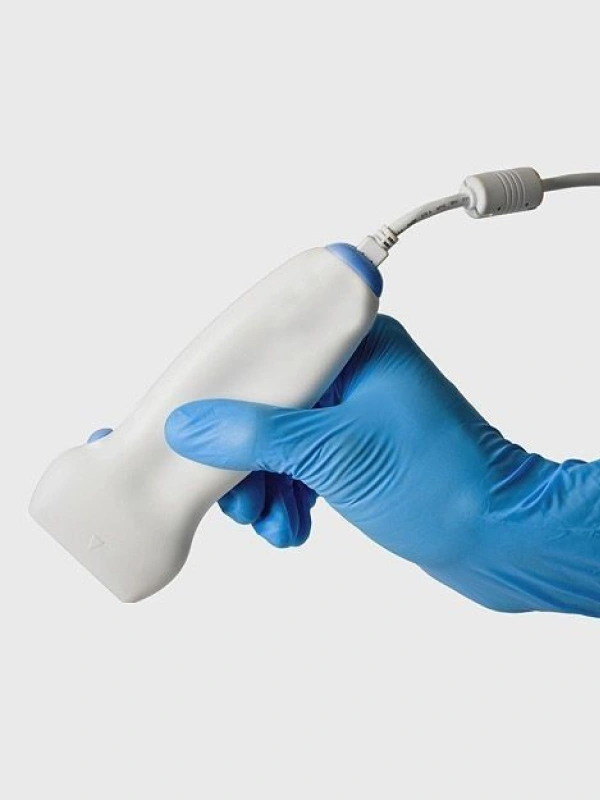Dubai
English
Request a call
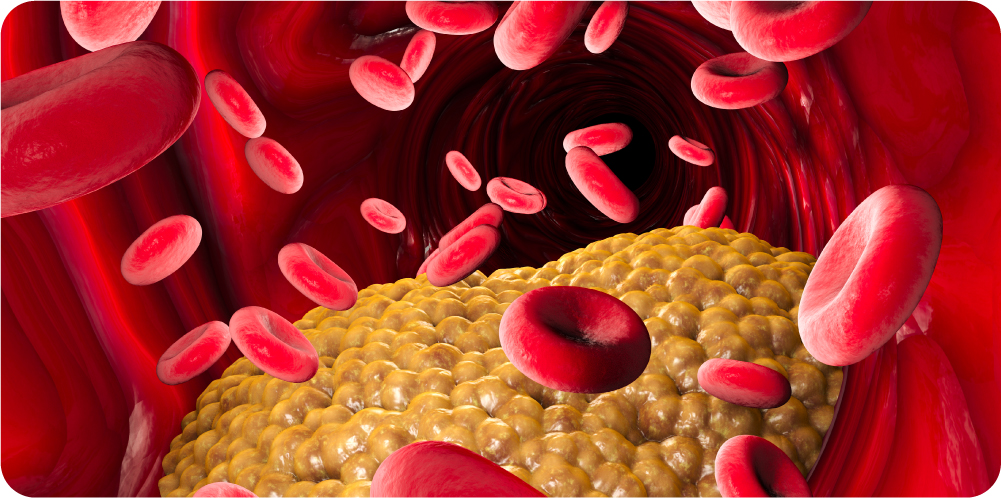
Cholesterol compounds perform important functions in the body: they participate in hormone production, the formation of cell membranes, and the synthesis of vitamin D. However, their excess, especially in the form of low-density lipoproteins (LDL), can trigger the development of atherosclerosis, cardiovascular diseases, and strokes. To prevent complications, it is important to know how to properly reduce lipid levels and maintain health.
High cholesterol: treatment and prevention
If an increase in blood fat levels has been detected, the condition must be treated comprehensively, including dietary adjustments, the introduction of regular physical activity, and the use of medications. Before starting therapy, it is important to undergo a detailed examination to assess lipid metabolism indicators and identify possible comorbidities.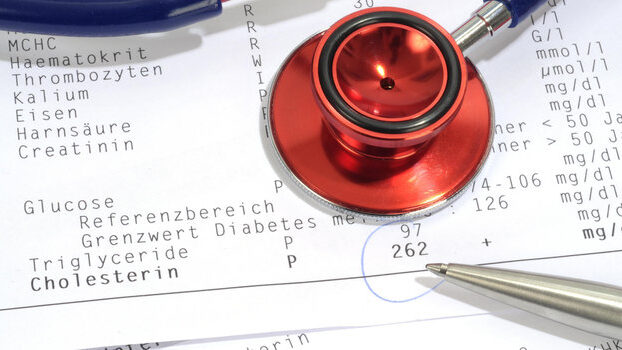
How High Cholesterol in the Blood Is Treated
High cholesterol in the blood treatment involves several approaches, including:- Diet therapy: eliminate from your diet foods containing saturated and trans fats, such as fast food, confectionery, and red meat. Instead, increase your intake of fish, olive oil, nuts, and greens. It is better to choose protein products from lean sources, such as chicken or legumes.
- Physical activity: regular exercise, such as walking, swimming, or cycling, helps increase the level of "good" cholesterol (HDL), as well as strengthen the vascular system and improve blood circulation.
- Medication therapy: in cases of serious abnormalities, doctors prescribe statins or fibrates, which effectively reduce the level of "bad" cholesterol.
- Weight control: losing body weight helps normalize lipid metabolism.

Causes and Treatment of High Cholesterol in Women
High cholesterol in women, its causes and treatment, depend on age, hormonal balance, and lifestyle. One of the common causes is hormonal changes during menopause, when the level of estrogens that protect blood vessels decreases. Risk factors include:- sedentary lifestyle;
- unhealthy diet;
- chronic stress;
- smoking and alcohol abuse.
Causes and Treatment of High Cholesterol in Men
High cholesterol in men, its causes and treatment, differ from those in women, as they are more often associated with external factors. The main ones are:- overeating and consumption of fatty foods;
- lack of physical activity;
- bad habits (smoking, alcohol);
- hereditary predisposition.

Therapy for Elevated Lipid Levels
For treatment of high cholesterol to be effective, it is important to follow these recommendations:- limit the intake of trans fats found in fast food and processed foods;
- increase the proportion of healthy fats (fish, nuts, avocado);
- use plant sterols that lower LDL levels;
- regularly take blood tests to monitor results.
How to Treat Cholesterol: Tips and Recommendations
How to treat elevated lipid levels? There is no universal solution, but the main steps include:- Prevention of cardiovascular diseases.
- Maintaining normal blood glucose levels, especially in patients with diabetes.
- Using modern diagnostic methods to identify hidden risk factors.
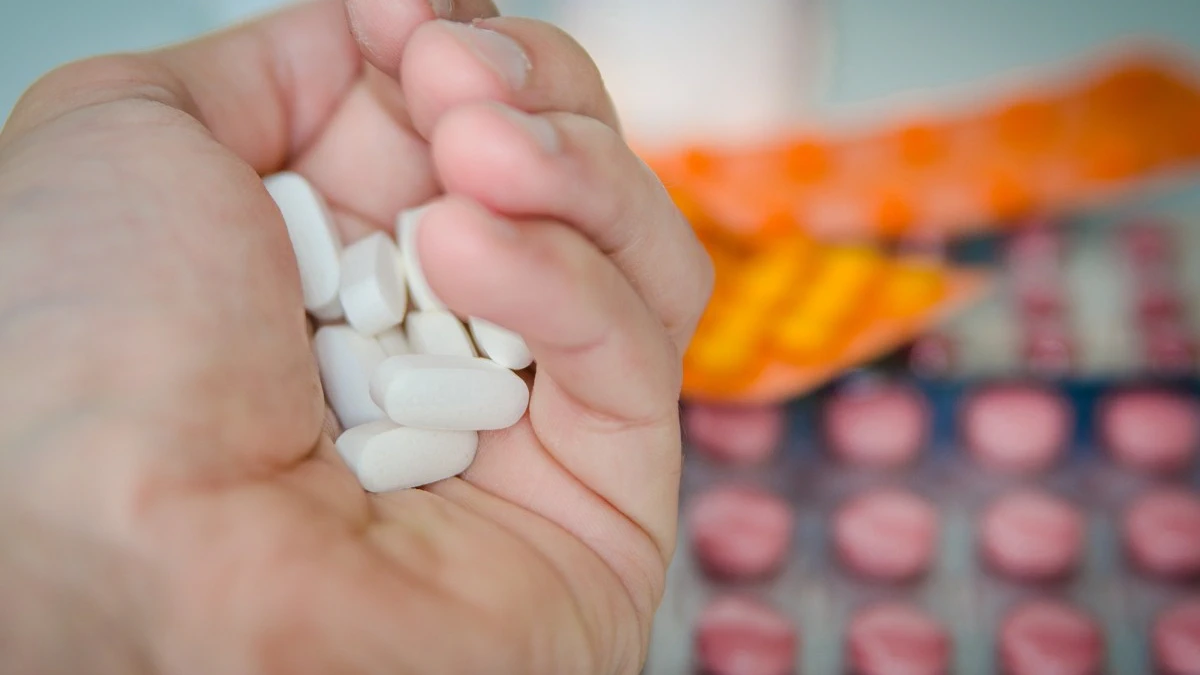
What is important to know about therapy?
A comprehensive approach to treating high cholesterol includes strict adherence to specialist recommendations and lifestyle changes. This condition can be successfully managed with a balanced diet, physical activity, and medication therapy. Here’s what to keep in mind:- Do not delay treatment: the earlier you start, the lower the risk of complications.
- Follow the prescribed diet: proper nutrition plays a key role in combating lipids.
- Control your lifestyle: quit smoking and limit alcohol consumption.

Fill out the form to book your consultation.
Your personal manager will contact you within 10 minutes and arrange a convenient time for your visit.



